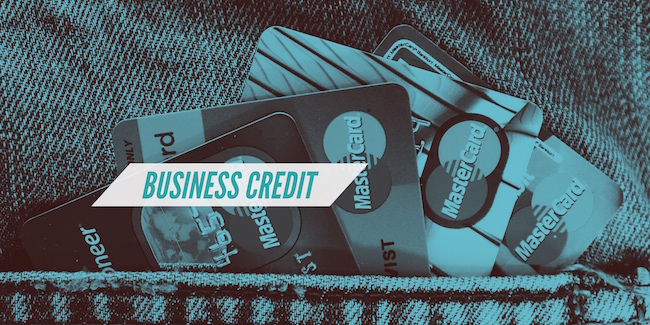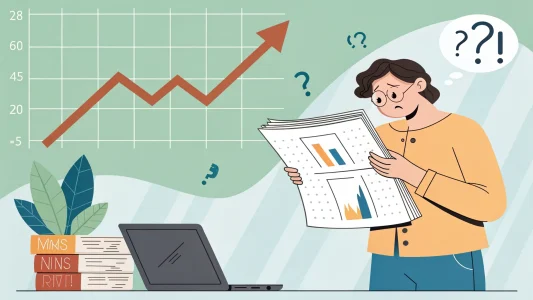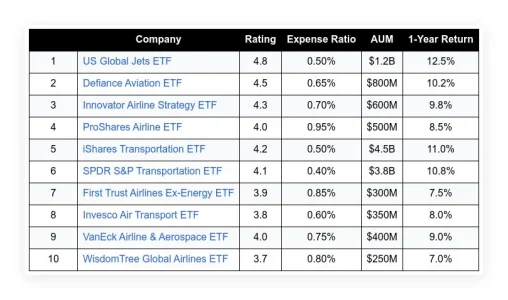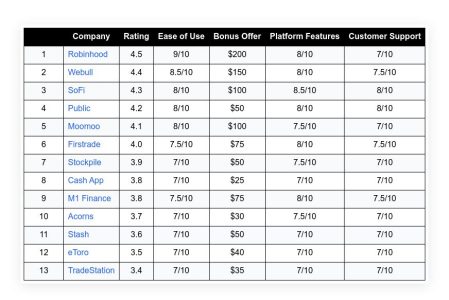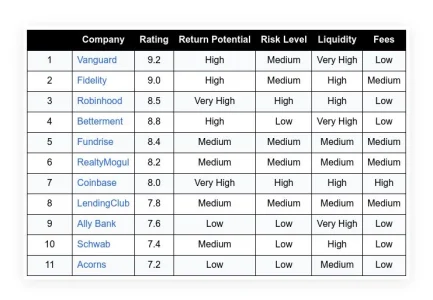Making sure you understand what makes your business finances tick is important for any entrepreneur — and business credit is a huge part of that.
The access you have to capital is a major determinant of long-term business success. After all, if you can’t get the money you need, you won’t be able to order supplies, pay workers, or secure facilities.
Business credit can help you access the capital you need to keep on operating (or get started up). Before you look for more money for business, here are some things you need to know about business credit:
Table of Contents
Toggle1. Your Personal Credit Matters
Even though you want to establish business credit separate from your personal credit, your personal situation will matter when you look for money from lenders.
This is especially true if you are getting your first business card, or if you are asking for a large chunk of capital for a major expansion. The lender wants to know that you can make up the difference if things become difficult for your business.
Once you establish a line of credit in your business name, though, you can begin building a separate profile for your business, and that can lead to more success down the road.
2. You Won’t See Detailed History Information on Your Business Credit Report
When you read your business credit report, one of the things you might notice is that you won’t see a breakdown of your payment history. It’s not like a personal credit report where you can see when you paid on time for each specific account.
Instead, there is a summary that reflects a percentage of on-time payments in relation to late payments. You want to make sure you are paying on time so that your percentage of on-time payments remains high.
On top of that, your creditors aren’t broken out by name. Instead, your information is organized by type of account. So credit card accounts are lumped together and your printing accounts are reported together. Knowing how it’s broken out can help you make more informed decisions about what’s actually happening — and where you might need to make improvements.
3. Highest Amount vs. Credit Limit
Your business credit report doesn’t contain information about your credit limits. Instead, it just includes information about the highest amount that you’ve borrowed. So, you might have a credit limit of $10,000 on a business card, but perhaps you’ve only spent $1,000.
Your business credit utilization will be figured on the $1,000 instead of the $10,000. So, if you charge $700, it looks like you’re using 70% of your available credit — even though you have plenty of room to go.
If you don’t want to look like a risk with a high credit utilization, it can make sense to make a large purchase with your credit and pay it off quickly. That will give you a bit of a boost.
4. You Might Have to Ask Vendors to Report
Finally, you might have to ask some of the vendors you pay to report your history to a credit reporting agency. Not all vendors do so automatically.
Find out which agencies your vendors report to. There are separate business credit agencies, and that means you need to pay attention to what’s happening with the business items.
If you want to build your profile, you need to make sure that vendors, suppliers, and others are reporting to the agencies.
Your credit is a big deal. Building it requires care and attention, whether you are talking about your business finances or your personal finances.

